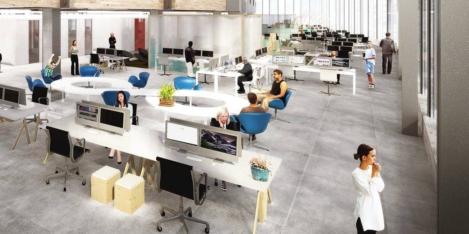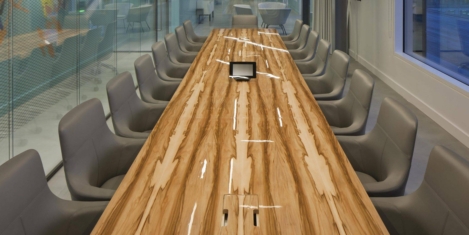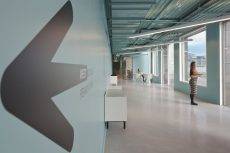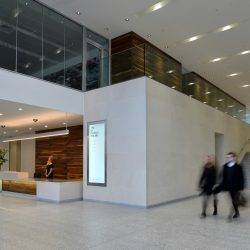November 16, 2016
Google confirms it is to go ahead with massive new London HQ 0
 Following the announcement in September that Apple was to reaffirm its commitment to the UK with a major investment in the creation of a new headquarters building in London, the latest global tech giant to follow suit is Google. The firm has confirmed it is to open a new HQ in the capital which will see 3,000 jobs created by 2020. In an interview with the BBC, chief executive Sundar Pichai claimed that he is confident that the UK Government will not be throwing up barriers to the movement of skilled labour in the wake of the Brexit vote. Based on this he is moving ahead with the Bjarke Ingels Group and Thomas Heatherwick designed £1 billion Kings Cross development that will allow the firm to expand its UK workforce to 7,000 people. Heatherwick has previously worked with Google alongside Bjarke Ingels Group on the design of their Mountain View headquarters in California. He was drafted in to work on the London project after a previous design was rejected because it was ‘boring’.
Following the announcement in September that Apple was to reaffirm its commitment to the UK with a major investment in the creation of a new headquarters building in London, the latest global tech giant to follow suit is Google. The firm has confirmed it is to open a new HQ in the capital which will see 3,000 jobs created by 2020. In an interview with the BBC, chief executive Sundar Pichai claimed that he is confident that the UK Government will not be throwing up barriers to the movement of skilled labour in the wake of the Brexit vote. Based on this he is moving ahead with the Bjarke Ingels Group and Thomas Heatherwick designed £1 billion Kings Cross development that will allow the firm to expand its UK workforce to 7,000 people. Heatherwick has previously worked with Google alongside Bjarke Ingels Group on the design of their Mountain View headquarters in California. He was drafted in to work on the London project after a previous design was rejected because it was ‘boring’.


















































